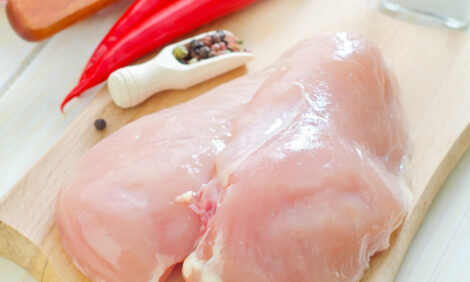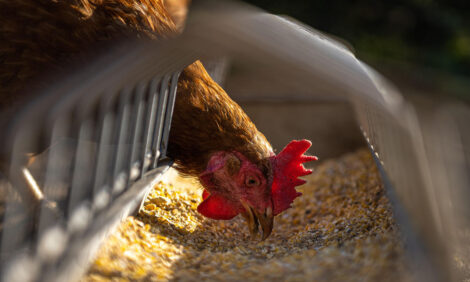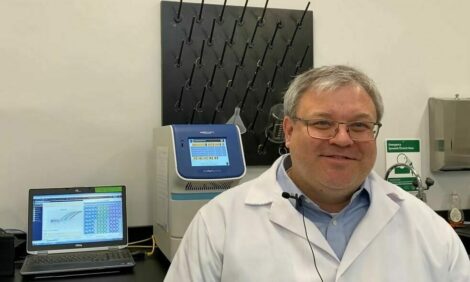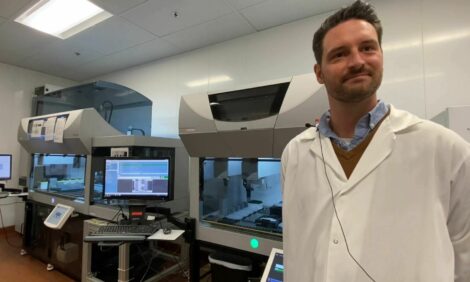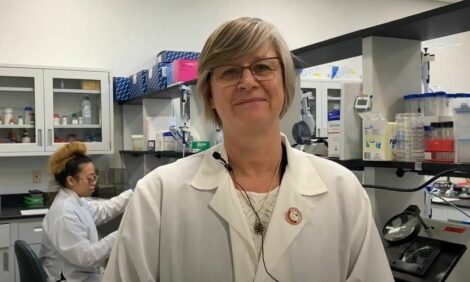



How does leaky gut impact poultry?
Specialized equipment simulates barrier functionDr. Kimberle Agle, Immunology Research Manager with Arm & Hammer Animal and Food Production, spoke about leaky gut to The Poultry Site’s Sarah Mikesell.
“Leaky gut is the common name for when the intestinal lining or the intestinal epithelium loses its cell-cell contacts and begins to leak,” said Agle. “What happens is the noxious contents of the gastrointestinal tract can then mix with the inside of the animal’s body, causing a snowball effect and activation of the immune system that takes away from animal performance and impacts animal health.”
Simulating barrier loss in the lab
To study and conduct research on leaky gut at ARM & HAMMER’S ScienceHearted Center, Dr. Agle and her team simulate barrier defects and loss of barrier in their cell culture lab environment.
“It's much harder to study barrier integrity in an animal, but in a lab, there are many model cell lines that can be used,” she said.
Using an intestinal epithelial model cell line grown in Transwell baskets, they begin by placing the cells in the top side of the basket, the cells attach to the top of a semi permeable membrane. Over time, the cells will grow, mature and differentiate into a normal polarized (top and bottom) intestinal epithelium. This allows them to secrete and put molecules into the environment just like they would if they were in vivo. The cells are transferred to a stainless steel cup that's hooked up to an electrode inside the instrument. Then, it’s placed inside an incubator.
“From there, we can watch the cells through our machine, and it automatically takes recordings every hour on the hour or as often as we would like and gathers data about how well the barrier is functioning,” she said. “The measurement is taken as an electrical charge is passed through the cell monolayer, and the amount of resistance generated indicates how well the barrier is working – more resistance, more barrier. We can take those cells and challenge them with any number of pro -inflammatory cytokines, pathogenic bacteria, or the like and see how they respond.”
Also, as Bacillus strains come into the lab, they are enrolled in an assay to measure whether they improve the barrier. This offers evidence that a candidate probiotic strain may be good for animal health.
Providing solutions to benefit animal productivity
“At the end of the day, it's all about energy for these animals and keeping and using all of their energy toward growth,” she said. “Instead of being distracted by maintaining health amid an inflammatory response, you're going to get a healthier, bigger animal.”








